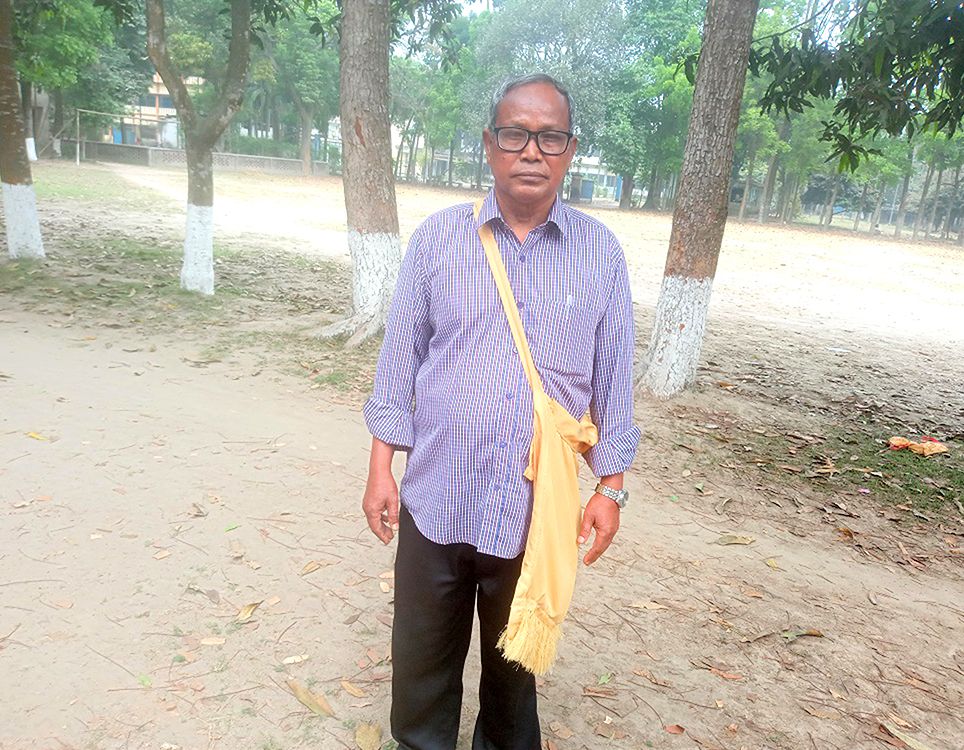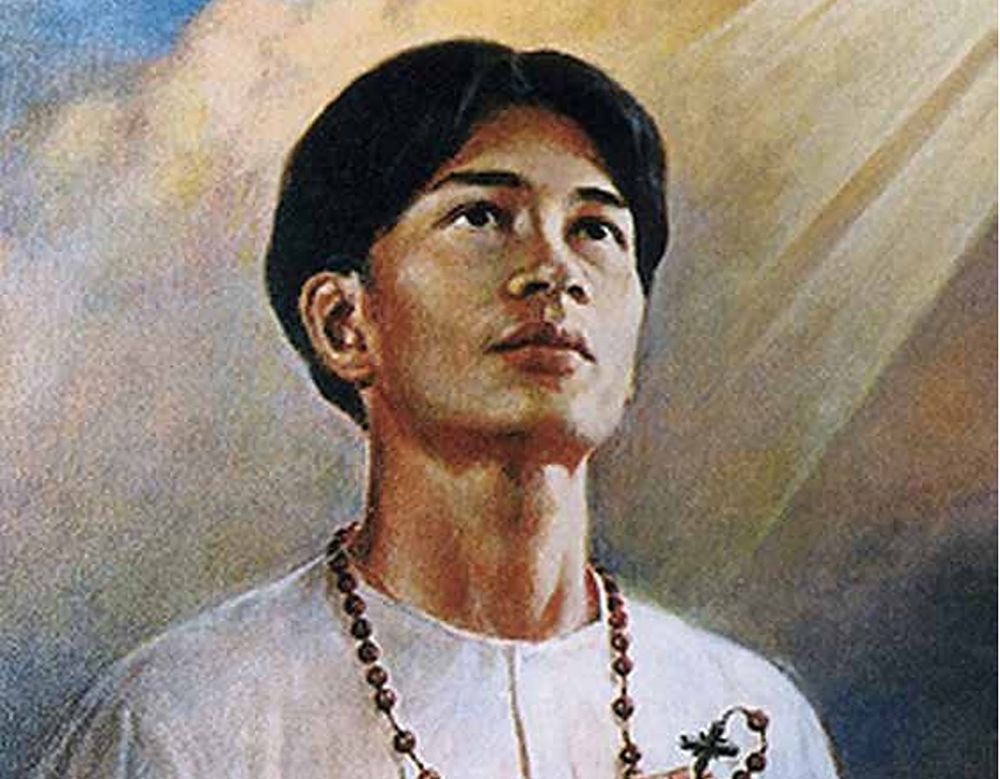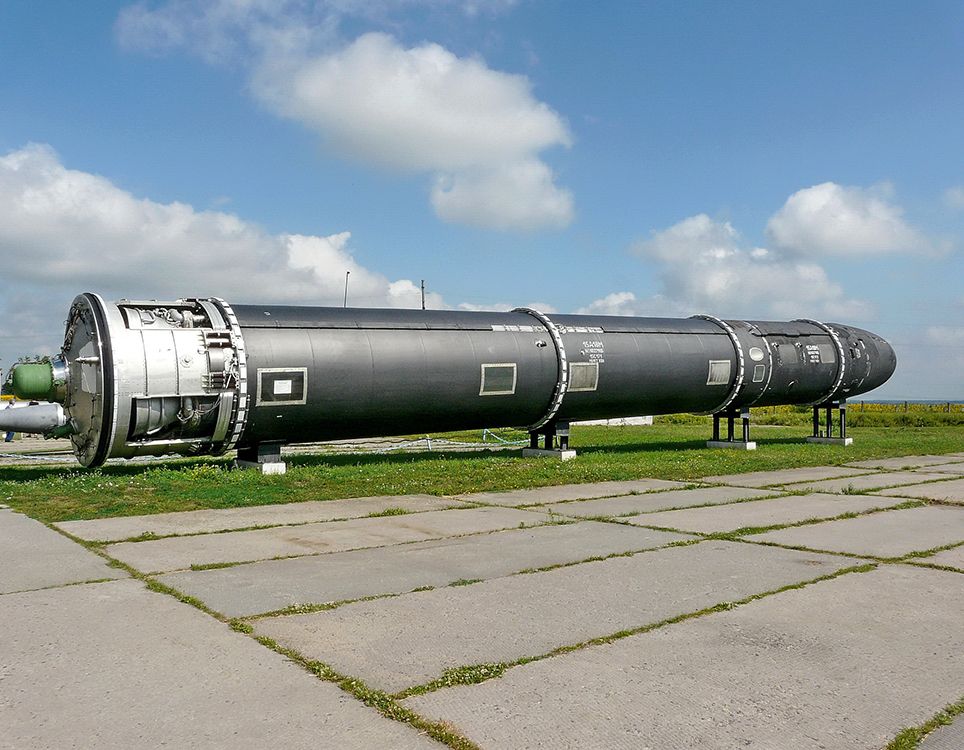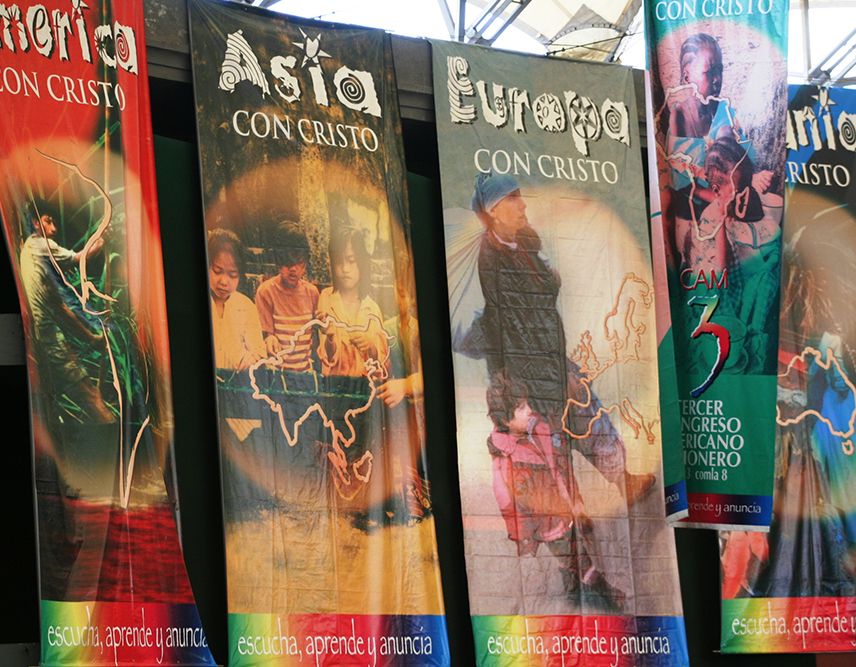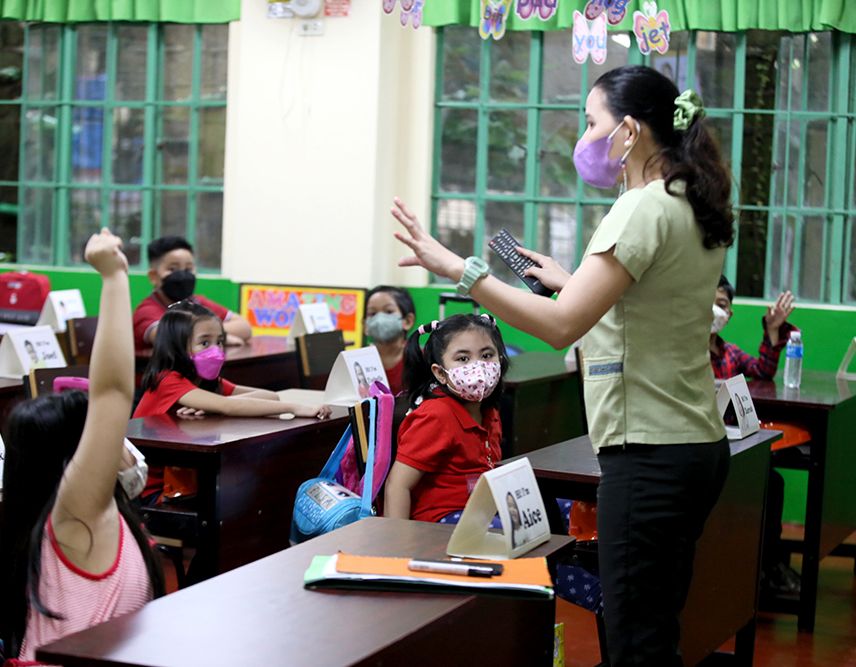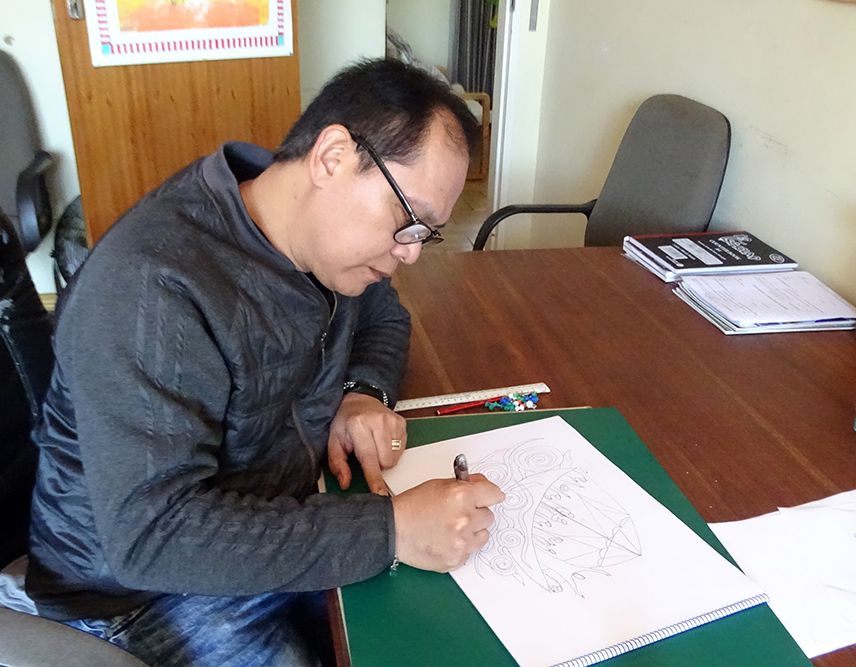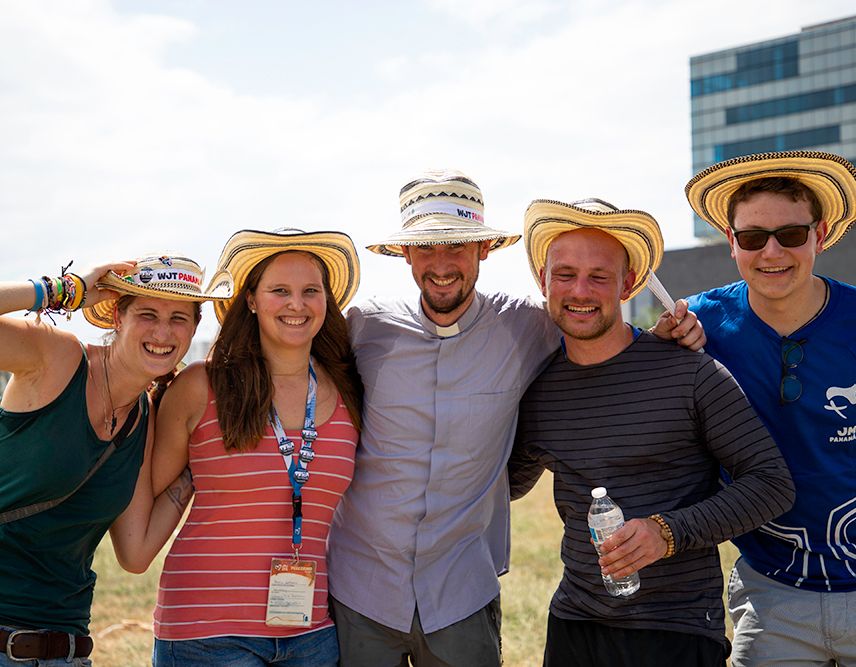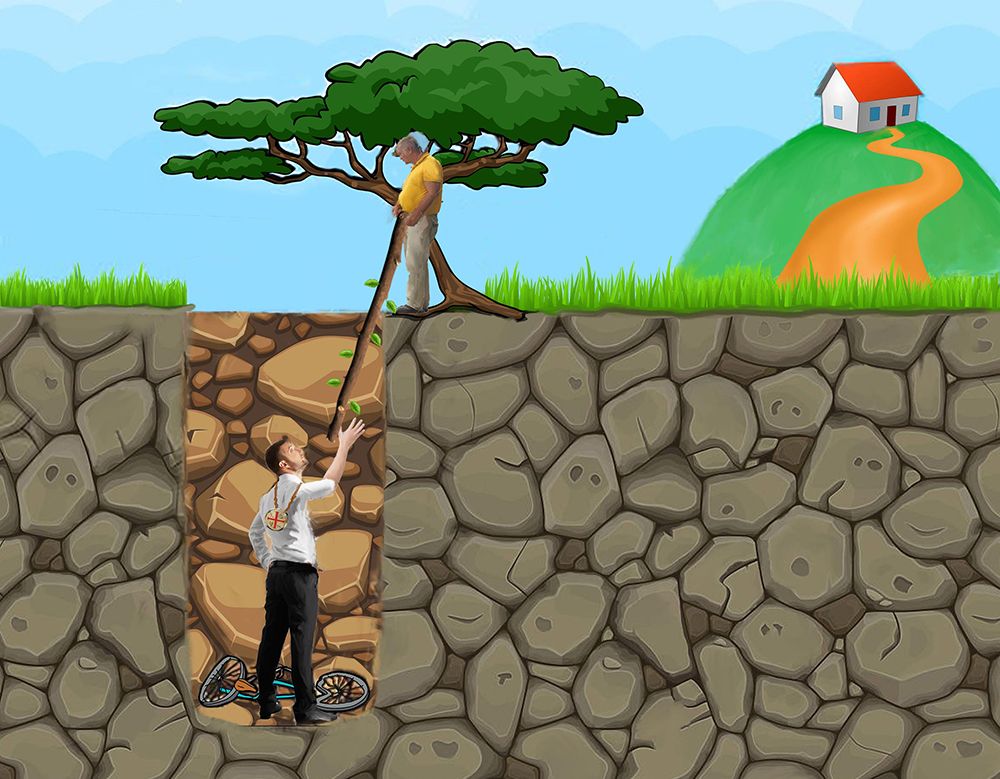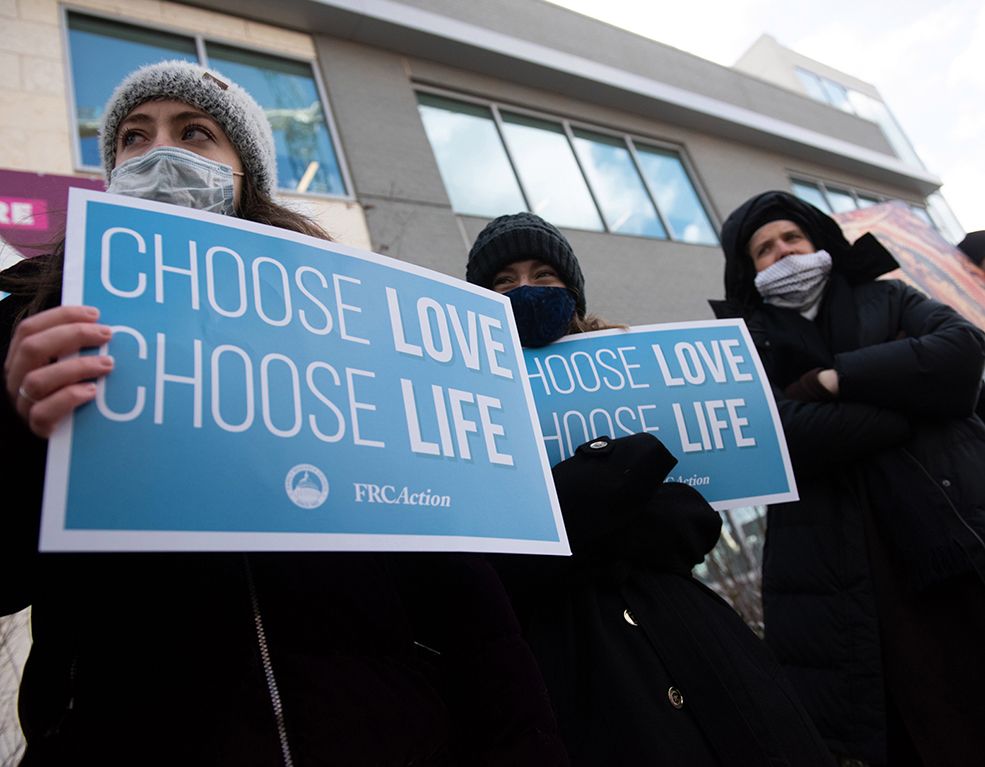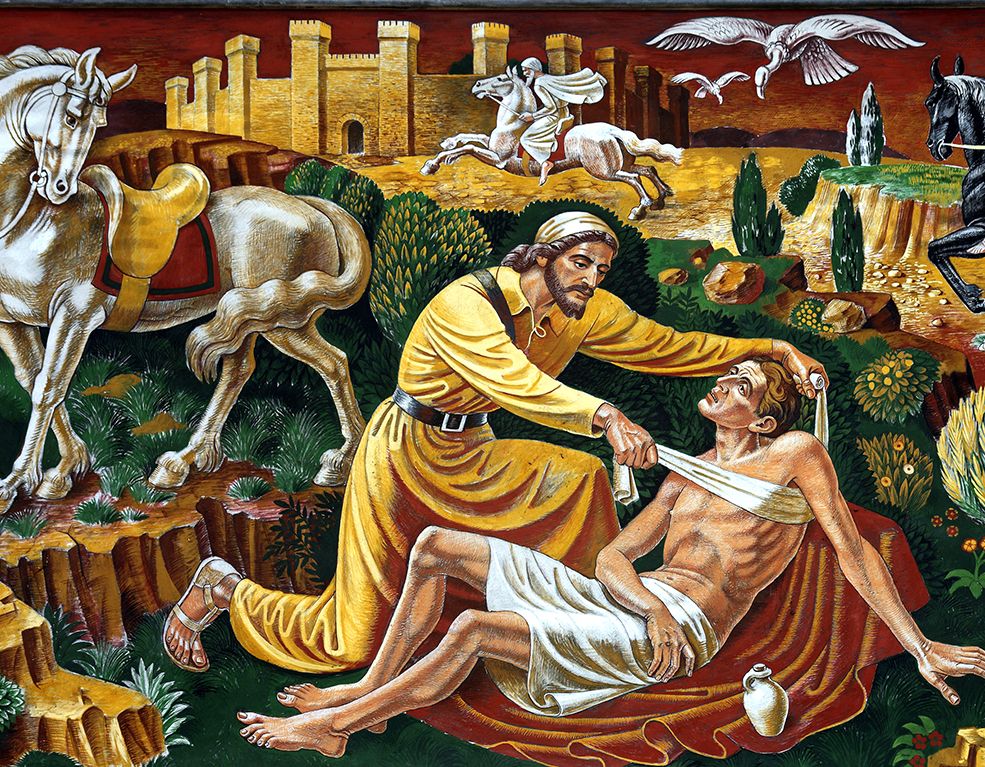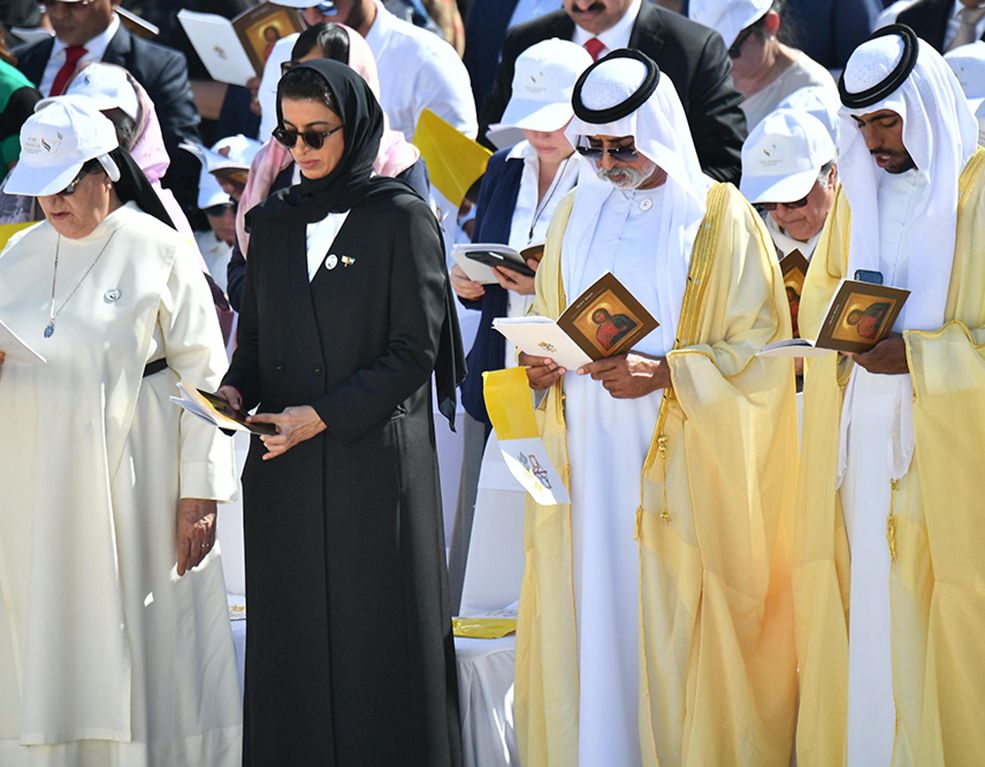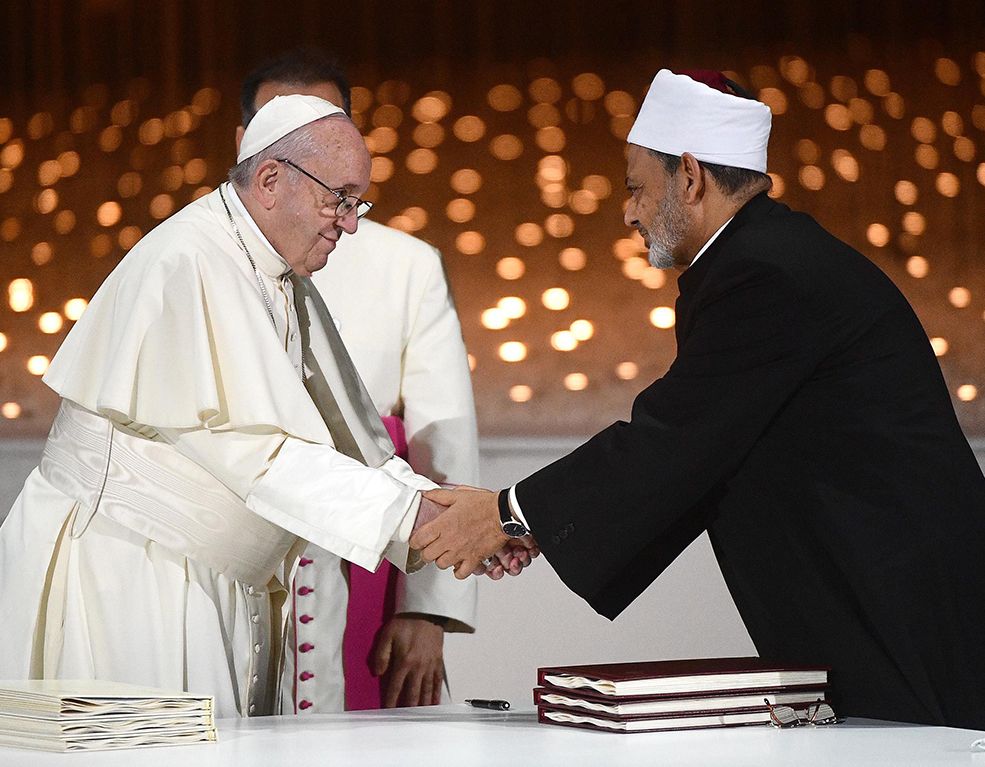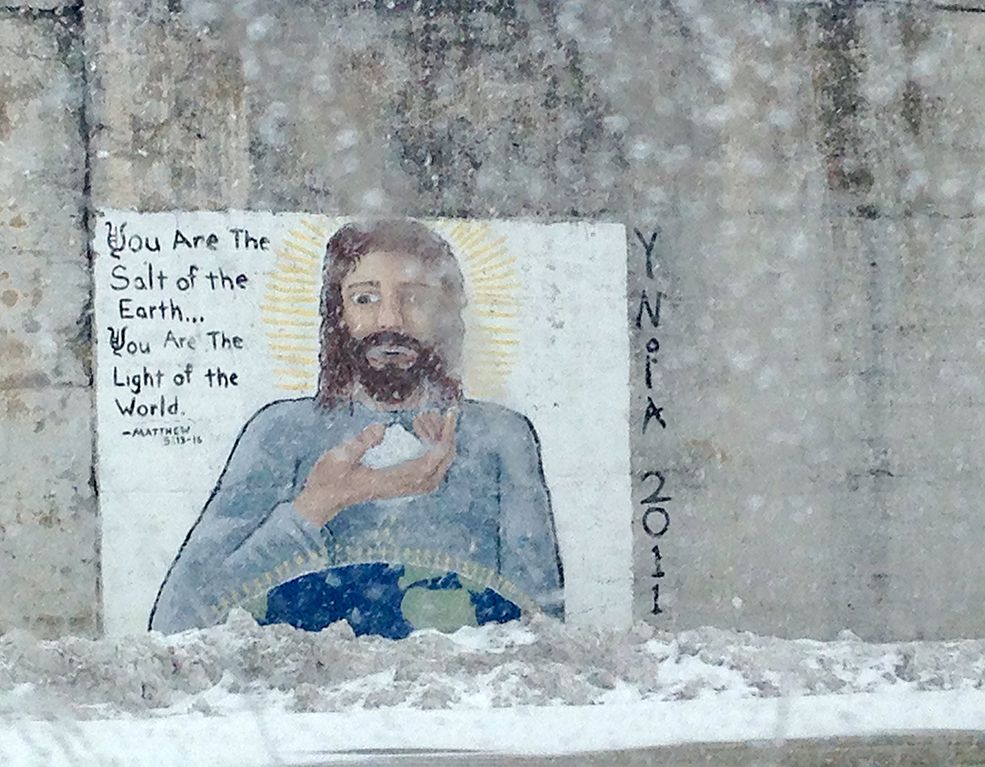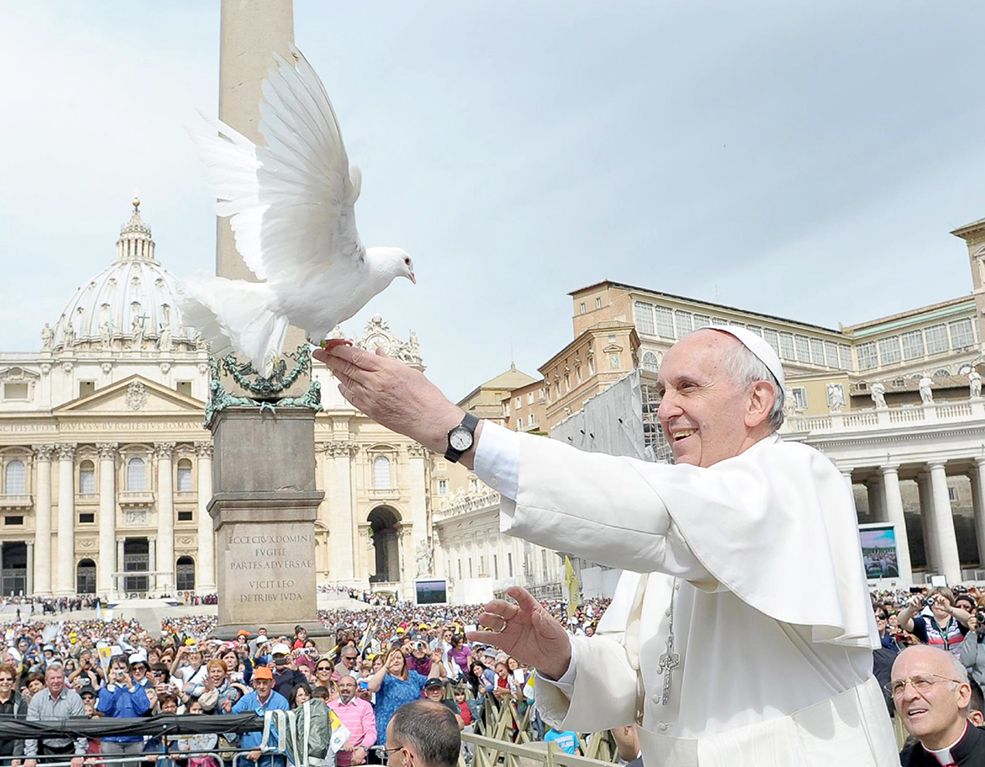I would like to introduce chapter four of Fratelli Tutti (FT) by presenting something that we do every day as we journey in life. We make decisions and take actions based on what we think, feel, and believe is most important. And even though each person has his/her own unique filters of perception that naturally rank certain decisions and actions higher than others, all people share a core set of ‘human needs’ that guide and motivate their decisions and actions.
Naturally, different groups differ in the hierarchy of human needs, such as the need for food and water, shelter, clothing, education, health care, security, order, stability, respect, shared love and connection with one another, and the need for physical, emotional, intellectual and spiritual development.
I believe that this principle is non-negotiable: Every human being has the right to have the possibility of satisfying his/her human needs. This is something important we keep in mind every time we pray the ‘Our Father’. We pray to the Father of all people who inhabit the world, no matter what color or place of birth. When we pray, ‘Give us this day our daily bread,’ we mean to say ‘give all people their daily bread’ because food is a basic need for all people. We have in mind also all the other basic needs included in the daily bread. In one of his catecheses on the ‘Our Father,’ Pope Francis said: “If we do not pray the ‘Our Father’ in communion with all people, then this great prayer ceases to be Christian.”
A second point that is extremely important is a section of the Gospel of Matthew presenting the Last Judgement. We read that “When the Son of Man will come in his glory, all nations will be assembled before him (….). He will say to those on his left, ‘go away from me (….). For I was hungry and you never gave me food. I was thirsty and you never gave me anything to drink. I was a stranger and you never made me welcome, lacking clothes and you never clothed me, sick and in prison and you never visited me (…). In truth I tell you, in as far as you neglected to do this to one of the least of these, you neglected to do it to me’” (Matthew 25, 31-46).
To understand and welcome what Pope Francis says in chapter four, it is necessary to accept what has just been said, and naturally to accept the social doctrine of the Church.
In n. 128 of FT Pope Francis says: “If the conviction that all human beings are brothers and sisters is not to remain an abstract idea but to find concrete embodiment, then numerous related issues emerge, forcing us to see things in a new light and to develop new responses.”
Migration
Initially, the Pontiff speaks of borders and their limits. Naturally, he agrees with those who say that unnecessary migration should be avoided. But until there are countries that do not offer their citizens the conditions needed for them to answer their basic human needs, live a dignified life, and hope for a future of integral development at all levels, openness is needed to welcome migrants by those who can offer them what they need.
Pope Francis presents four words that summarize the response to the arrival of migrants: welcome, protect, promote, and integrate (n. 139). Practicing these words generates within us a movement based upon the dynamism of love. Thanks to this dynamism each person opens himself/herself to that love, uniting all people through authentic relationships. Fratelli Tutti presents this dynamism in such a way that even non-believers and those who belong to other religions can open their hearts to it.
Pope Francis also encourages us to redefine the words “Liberty, equality, and fraternity” in a better way. He presents a principle he considers so very important: A heart open to the whole world enables us to consider immigration as a possibility of growth for all.
In n. 133, he says: “The arrival of those who are different, coming from other ways of life and culture, can be a gift, for migrants bring an opportunity for enrichment and the human development for all.” In n. 134 he further reflects that a lack of openness to others who are different from us can easily generate cultural sclerosis. Instead, openness to others, discovering the gifts of each person, offers us the opportunity for growth at all levels. All this must be done within the context of gratuitousness. Jesus says: “Without cost, you have received, without cost you are to give.”
May the Lord give us the grace to abandon those attitudes that lead us to discriminate against those who are different from us. Let us welcome all people in our hearts.






